The German Shepherd dog breed includes various varieties and types. You are probably acquainted with a few of these dogs, which have attributes that are at a distance from the limitations of the standard, thus these distinctions are prohibited. There are two that are commonplace. These are the long haired and the white German Shepherd.
As an example, long coated GSDs are mentioned in the breed standard, but don't meet the model defined it, although all GSDs carry the recessive gene for long hair. Long coated GSDs are German Shepherd dogs, but since the long coat is considered a disqualification, they are not accepted as correct representatives of the breed.
These dogs are not admitted as suitable specimens of the breed mainly because they don't have the undercoat which GSDs with short hair do. Dogs with no undercoat are not waterproof. In a previous article I explained that GSDs were established originally as working dogs, so if they are not waterproof that would be a handicap to the dog's working ability.
Nonetheless, these dogs are being bred mostly in North America. Some breeders are solely devoted to breeding long coated GSDs. In Europe, there is a separate club dedicated to promote this variation of the breed, which is named the Old German Shepherd. Some breeders and owners just like the way they look, but others have different reasons to breed long haired GSDs; for example, that they don't shed as much as the short haired version.
There are two types of long coats:
I- The Long Smooth Coated GSD
These dogs have a weatherproof coat, but not as much as the medium smooth coat. Normally, these dogs have considerably longer hair in and behind the ears, and behind the forearms and loin area. The tail is fluffy and with a slight feathering underneath. Normally these dogs have a narrower chest and muzzle.
II- The Long Coated GSD
This coat is notably longer than the previous one and is normally very soft and parts along the back.
The white German Shepherd is another type of GSD which has a characteristic which is considered a fault. This variety is being bred in North America as a separate breed, called the American White Shepherd. The white variety is a GSD and inconsistent to what some people believe, it is not rare or albino. They have a white coat, dark eyes and have black noses and pads.
When the first German all breed dog show was held in 1899 in Germany, Stephanitz and his friend, Arthur Meyer were searching for a dog that was intelligent, strong and healthy. They wanted a medium sized dog with erect ears that had a weatherproof coat. A dog that was outgoing, trainable and friendly. They came across Hektor Linksrhein, who was later renamed Horand von Grafrath. This dog carried recessive white genes.
Back in those days many herdsmen wanted dogs with white coats, because they were easier to differentiate from European wolves, which were darker. With Hektor as the basis for the breed, the white coat was an aspect that was enhanced.
In 1912, the first dogs of this breed were imported into the US and immediately, white puppies started to show up in the litters. In "The German Shepherd Dog" published in 1921 von Stephanitz included a photo of a white specimen, which was a direct descendant of Hektor.
In 1933, when Hitler declared a state of emergency and the German Nazi party took control of all aspects of the German society, they also took control of the German Shepherd Dog Club of Germany. After that, white coats were made a disqualifying factor in the breed standard. Although at that time Hitler thought that the white genes brought about color fading in regular dogs, now we know that the color fading gene is different from the white recessive gene.
In 1964, aficionados of the white Shepherd in California started the first White German Shepherd Dog Club. In 1969, the White German Shepherd Dog Club of America was formed.
The German Shepherd dog breed also has many varieties and types which are consistent with the standard of the breed and I will talk about them in future posts.

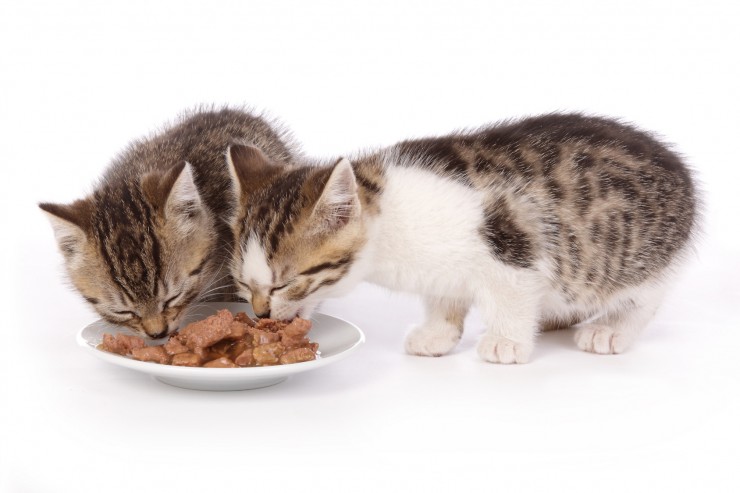 If You Are Planning To Breed From Your Cat Or Have Already Done So And The Time For Weani
If You Are Planning To Breed From Your Cat Or Have Already Done So And The Time For Weani
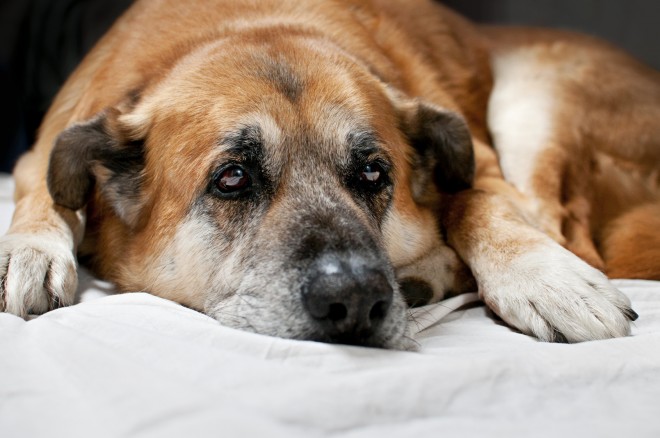 Canine Diabetes And Its Connection To Cataracts
Canine Diabetes And Its Connection To Cataracts
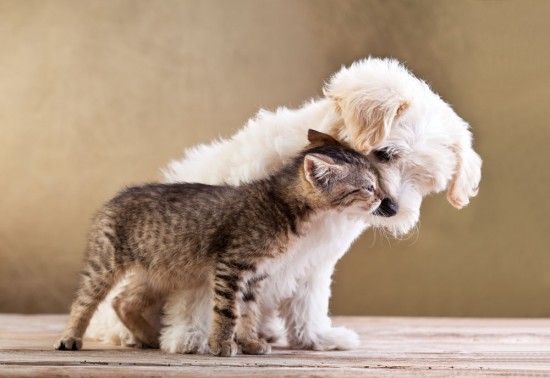 Eight Misleading Myths That Can Lead To Reluctance To Spay Or Neuter
Eight Misleading Myths That Can Lead To Reluctance To Spay Or Neuter
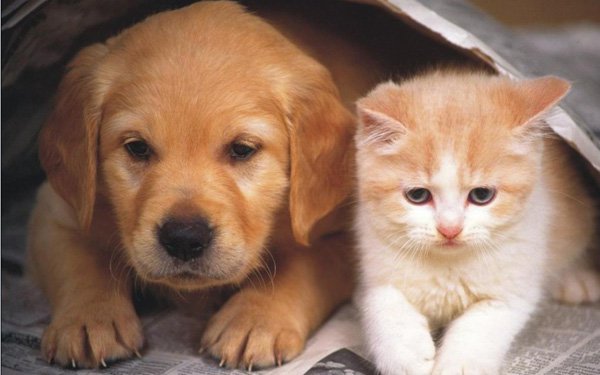 Why Some Pet Foods Are Recalled From Markets
Why Some Pet Foods Are Recalled From Markets
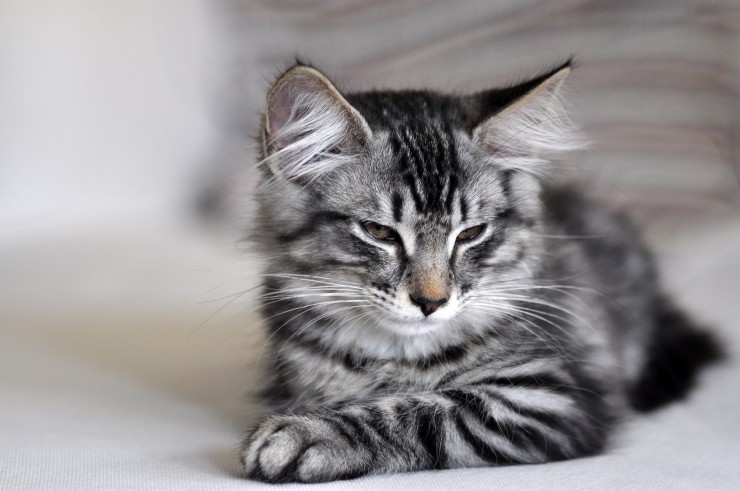 What Your Cat Sitter Needs To Know Before You Go Away
What Your Cat Sitter Needs To Know Before You Go Away
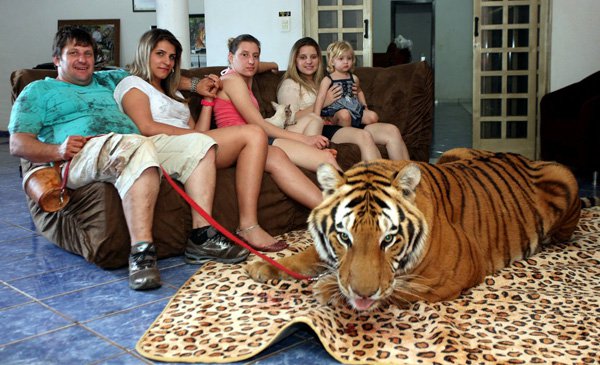 Four Essential Tips To Keep Your Pet Healthy And In Tip Top Shape
Four Essential Tips To Keep Your Pet Healthy And In Tip Top Shape
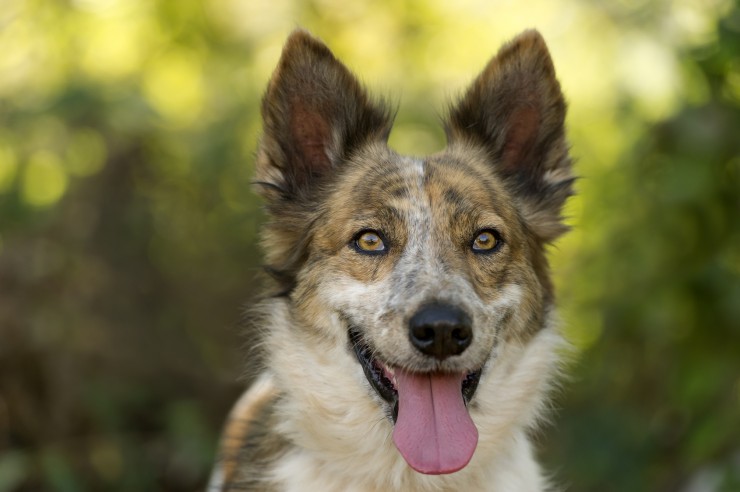 Mrsa Infection In Dogs
Mrsa Infection In
Mrsa Infection In Dogs
Mrsa Infection In
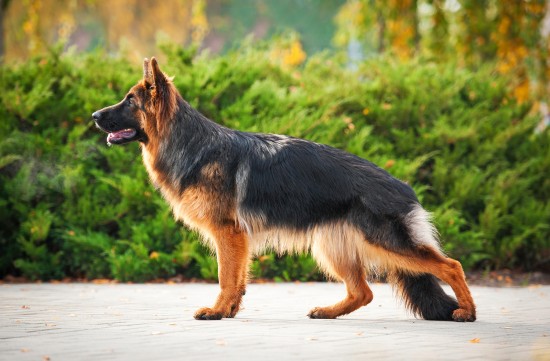 German Shepherd Average Longevity And Hereditary Health
German Shepherd A
German Shepherd Average Longevity And Hereditary Health
German Shepherd A
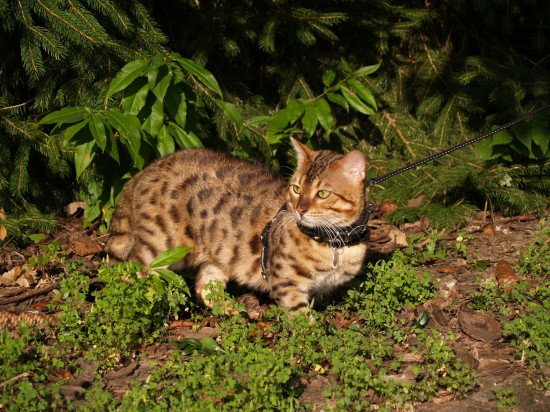 The Desirable And Expensive Savannah Cat
The Desirable And
The Desirable And Expensive Savannah Cat
The Desirable And
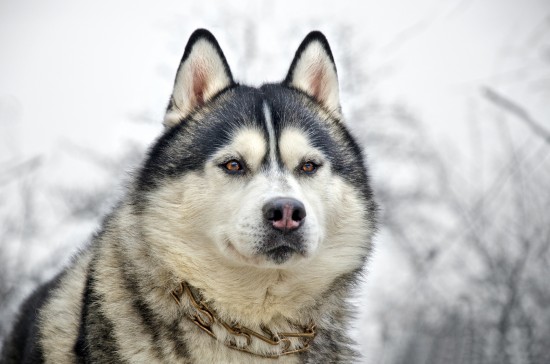 The Siberian Husky And Its History With The Chukchi People
The Siberian Husk
The Siberian Husky And Its History With The Chukchi People
The Siberian Husk
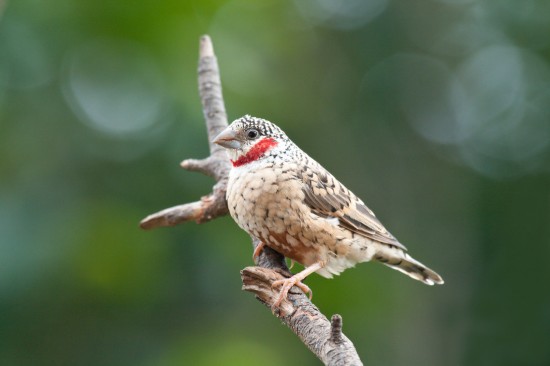 The Cut-throat & The Red-headed Finches
The Cut-throat &
The Cut-throat & The Red-headed Finches
The Cut-throat &